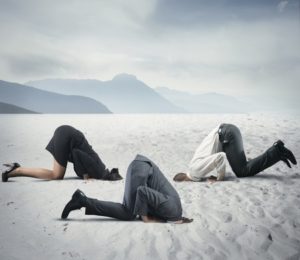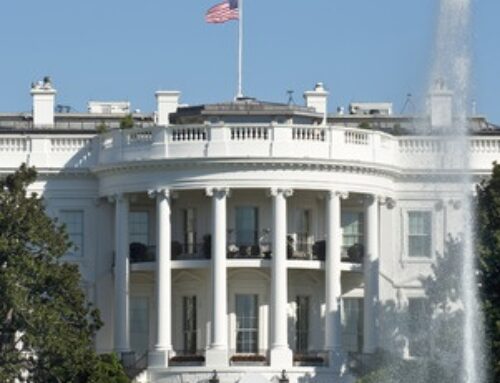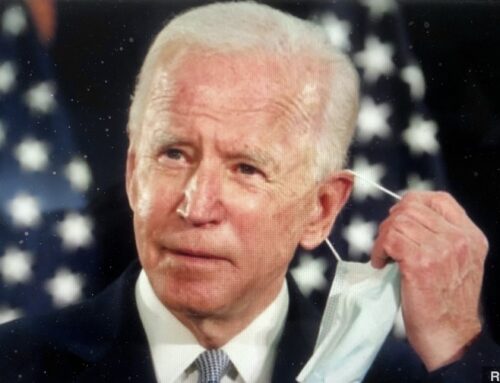Civilizations are said to decline from within by losing their commitment to the value structures that raised them to prominence. How far our western civilization has declined may be debatable but there is no question that some of its key structures are under attack and the response by government has not been encouraging. One of those structures is our system of law and order, as tested in the events following the brutal murder of George Floyd.
I am not referring to the peaceful protests but rather to that lawlessness that accompanied them and the ineffectual governmental response to that lawlessness. The most troubling aspects of that response were the refusal of many mayors and governors to recognize the lessons of history and the communication media’s refusal to acknowledge the flaws in their view of social instability.
One lesson of history many elected officials ignore is that some people regard tragedy as an opportunity for illicit gain or attacks on social order. The former engage in breaking and entering, looting, and assault; the latter, in the wanton destruction of property and attacks on police and other authorities.
The most successful way of dealing with both types of lawbreakers is with swift arrest and detention. Yet the country recently witnessed mayors and governors directing the police to “stand down” as looting, assault and the destruction of property took place before their eyes. In many cases, this order was preceded by years of disparaging and scapegoating police and stoking animosity toward them, while at the same time characterizing criminals as victims. Even more outrageous are the recent calls made by many mayors and even some members of Congress for “defunding” the police and even disbanding police departments altogether. These officials evidently never think to ask who will protect their citizens if there are no police.
One flaw in the prevailing view of social instability is the notion that the most effective way to heal anger is to express it. The media have long promoted this notion and today’s politicians endorse it by ignoring looting and rioting. Yet the notion is categorically false, as Carol Tavris definitively established in Anger: The Misunderstood Emotion decades ago. After fully examining the research, she documented that expressing anger is more likely to intensify it than to ventilate and dissipate it. In other words, throwing bricks at police, smashing store windows and looting, and assaulting people does not calm violent impulses—it increases them. Yet the media and the politicians cling to the falsehood and ignore the truth.
An even deeper flaw in the prevailing view of social instability is the notion that more government programs like those initiated since the 1960s will solve the root problems of racial inequality. The truth is that those programs have dramatically exacerbated the problems. For example, the government’s denying of welfare benefits to homes in which the father was present destroyed black families and caused numerous social problems.
Between 1890 and 1920 “blacks out-married whites despite a consistent shortage of black males due to their higher rates of mortality.” But by 1950, the situation had changed. At that time, Black scholar E. Franklin Frazier delivered this warning:
“As the result of family disorganization a large proportion of Negro children and youth have not undergone the socialization which only the family can provide. The disorganized families have failed to provide for their emotional needs and have not provided the discipline and habits which are necessary for personality development. Because the disorganized family has failed in its function as a socializing agency, it has handicapped the children in their relations to the institutions in the community. Moreover, family disorganization has been partially responsible for a large amount of juvenile delinquency and adult crime among Negroes. Since the widespread family disorganization among Negroes has resulted from the failure of the father to play the role in family life required by American society, the mitigation of this problem must await those changes in the Negro and American society which will enable the Negro father to play the role required of him.”
A decade later President Johnson’s “Great Society Program” that sought to solve the problem actually intensified it. In 1965, in America Magazine, Democratic Senator Daniel Patrick Moynihan predicted that government policy would create “a dramatic increase in single-parent families” and a corresponding “dramatic increase in crime.” He went on to explain:
“There is one unmistakable lesson in human history: a community that allows a large number of young men to grow up in broken families, dominated by women, never acquiring any stable relationship to male authority, never acquiring any set of rational expectations about the future—that community asks for and gets chaos. Crime, violence, unrest, unrestrained lashing out at the whole social structure—that is not only to be expected, it is very near to inevitable.”
Several decades later, in Defining Deviancy Down, Moynihan wrote that “the inevitable . . . has come to pass, but . . . our response is curiously passive . . . The crime level has been normalized . . . [and so] We are getting used to a lot of behavior that is not good for us.”
The behavior Moynihan understated as “not good for us” has grown worse. Yet politicians and many in the media persist in blaming it on the “legacy of slavery,” an argument that distinguished Black scholar Thomas Sowell thoroughly debunked in his penetrating study, Race and Culture.
Why do so many elected officials, mostly but not exclusively liberals, persist in denying the lessons of history and the insights of scholarship on social instability? Black scholar Shelby Steele offers a fascinating answer in his book White Guilt: How Blacks and Whites Together Destroyed the Promise of the Civil Rights Era. He argues that it is white guilt about race, rather than racism, that motivates blacks to “exhibit racial woundedness and animus.” It is also white guilt that has led liberals to the insulting view that blacks cannot achieve anything on their own but must depend on whites for their achievement. One side effect of this notion, Steele argues, is that those who harbor white guilt have lost their own belief in the value of “personal responsibility, hard work, individual initiative, delayed gratification, commitment to excellence, competition by merit, the honor in achievement, and so on.”
For far too long, the insights of the individuals quoted above have been ignored and politicians and the media have continued to delude themselves into believing that disproven notions and failed policies will, by some magic, succeed if tried again. And the more they act on that delusion, the greater the danger to America.
Copyright © 2020 by Vincent Ryan Ruggiero. All rights reserved
[Author’s note: I refer to E. Franklin Frazier, Thomas Sowell, and Shelby Steele as “Black” scholars rather than simply as scholars so that liberal readers will not leap to the conclusion that these authors lack sensitivity to racial issues.]



